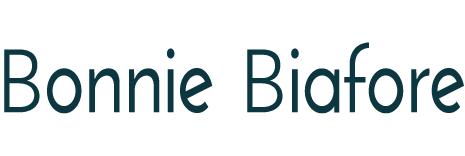Things going badly? Have More Meetings!

Photo by Christina-wocintechcha.com on Unsplash
When your project isn’t going well, you and your stakeholders need information. FAST! As counter intuitive as it sounds, the best thing to do is to have MORE meetings. Not just any meetings, however. Here are a few effective meeting strategies when things are rocky:
Run short, focused data-sharing sessions. Project conditions change rapidly when problems and unexpected circumstances surface, so constant communication is needed. Try holding multiple 15-minute meetings, for example, one at the start of the day and one right after lunch. These meetings help you provide team members with what they need to know and what they need to do to recover the project. Frequent focused meetings also help ensure you have the latest status of recovery tasks.
Skip the “everyone is invited” norm. People often complain that meetings are a waste of time—and that’s a legitimate complaint. Meetings usually run too long and aren’t useful. When your team is under pressure, determine who needs to be at your short, focused meetings. Set conditions for team member attendance and communicate those expectations so people who don’t need to attend can continue working on critical tasks. For example, a team member is finishing a critical deliverable and can miss the meeting to get it done.
Hold separate meetings with content relevant to specific attendees. To avoid wasting time, hold meetings for different groups providing information relevant to that specific group. Divide your stakeholders into teams of people that need to work together and have separate meetings for each team. To maintain synergy with your full team, consider having your entire team attend one of the daily meetings each week. Set the agenda for that meeting with items relevant to the entire team.
Talk about the “elephants in the room.” Information is key to success. The more transparent you are, the more transparent your team will be. The earlier you share good and bad news, the more information you will receive in return. Above all else, accurate and complete information can help you recover your project.
Remember that you are leading humans. Effectiveness comes from team members who know and understand each other professionally and personally, especially when things are challenging. Recognize birthdays, significant accomplishments, not so significant accomplishments, and instances when stakeholders acted as a team. On occasion, bring food to your team meetings. Remember, people with fears and concerns are in the room with you. Be thoughtful and calm, and your stakeholders will mirror that behavior.
For more about meetings, check out Dave Crenshaw’s Leading Productive Meetings course.
